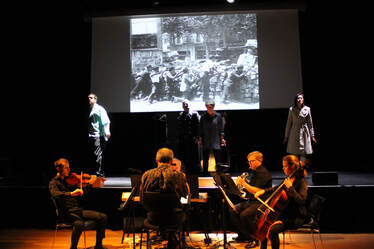|
Small-scale opera is a thing nowadays, not surprising given the economies involved. Lots of popular classics have been doing the rounds - La Boheme, Carmen, La Traviata, G&S, etc., as well as arrangements of less mainstream works. Anything to get opera out and about and attract new audiences everywhere is to be greatly applauded. But it has to be admitted the resulting musical experience without orchestra and choruses is likely to be underwhelming compared to the experience that was intended. Just as we like ‘Early Music’ to sound right with period instruments, so grand opera ideally needs to be savoured as the ‘real thing’, performed by the forces and in the spaces it was written for. But it’s worth noting that theatres in the 17th and 18th century (1000 seats) were nowhere near as large as those built in the 19th century (around 2000 seats) - and these are dwarfed by the monster new-builds and extensions of the 20th (3000 to 4000 capacity). In these auditoria, most spectators are distant from the stage, many spy on the performance through opera glasses and typically listen with acoustic enhancement (amplification) even if they’re not aware of it. By contrast, small-scale opera in intimate venues allows the audience to feel close to the stage and feel more involved in the drama. Clearly, voices don’t need to be so large (and wobbly) and don’t have to strain; they can, more often than not, sound more detailed and beautiful. The challenge we face, therefore, is to create new, tailor-made, small-scale works that appeal to audiences everywhere and enhance the repertory of sung dramas that are so powerful and compelling.
A project in the autumn and winter lockdowns recently has been to finish another Lorca setting. My operatic version of Así que pasen cinco años I've called In Five Years' Time, which seems a more natural translation than 'When Five Years Have Passed'. Death is a theme of the play and very much in the headlines right now.
Written before the pandemic outbreak, this could hardly have been more timely. A rhyming libretto by Leo Doulton at first had me stumped: how could such a doom-laden scenario be treated as a 'comedy of manners', as he put it?
The Oval Portrait I came across Poe’s The Oval Portrait in 2013 when I needed to complete a programme of chamber opera: the story is concise and simply told, written in prose that sounds very musical.
|
Edward LambertComposer and musician Categories
All
Archives
July 2024
|
|
Scores available by means of a Performance Restricted license from IMSLP
The Music Troupe
|
Contact Us |
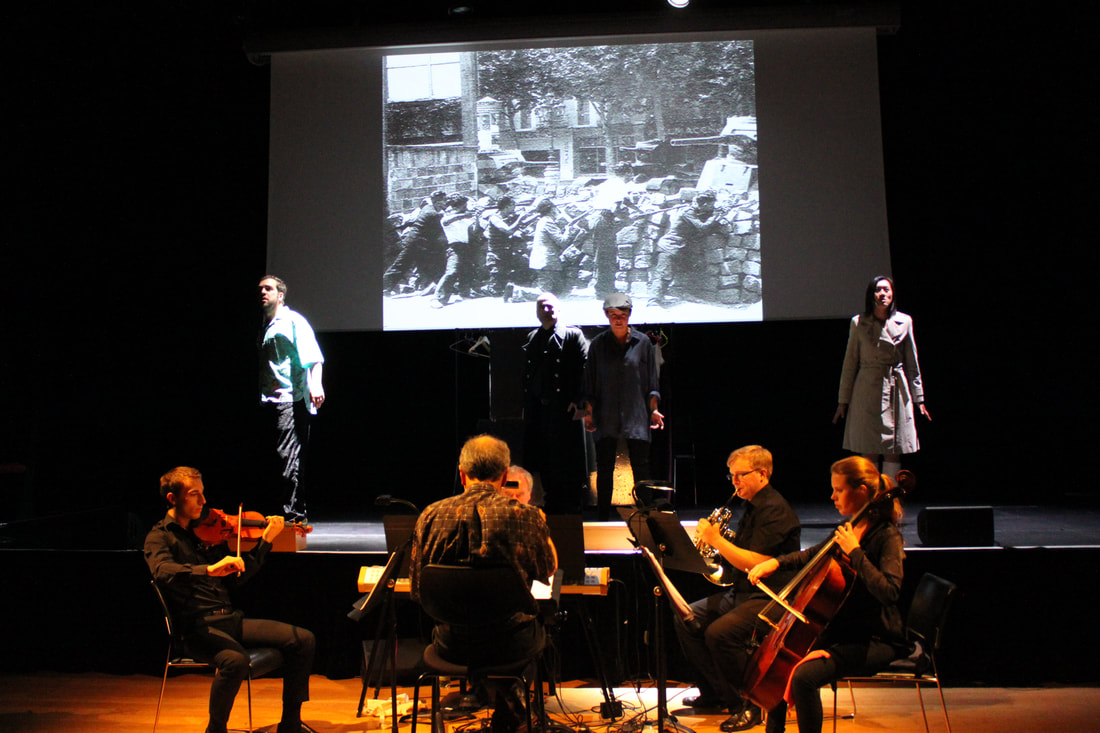
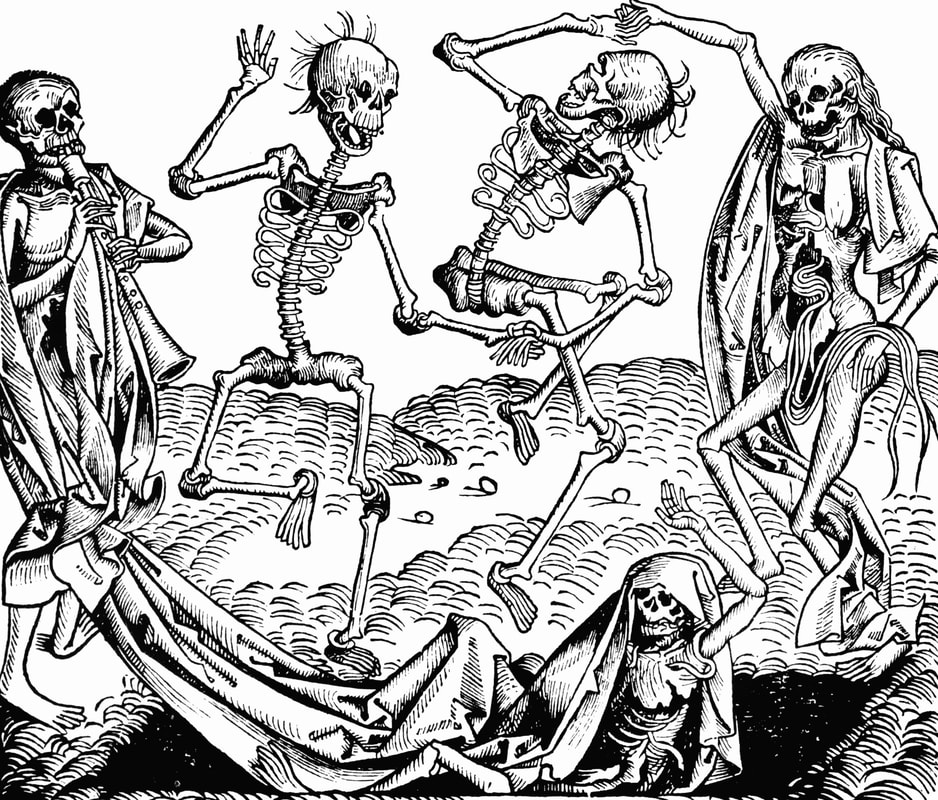
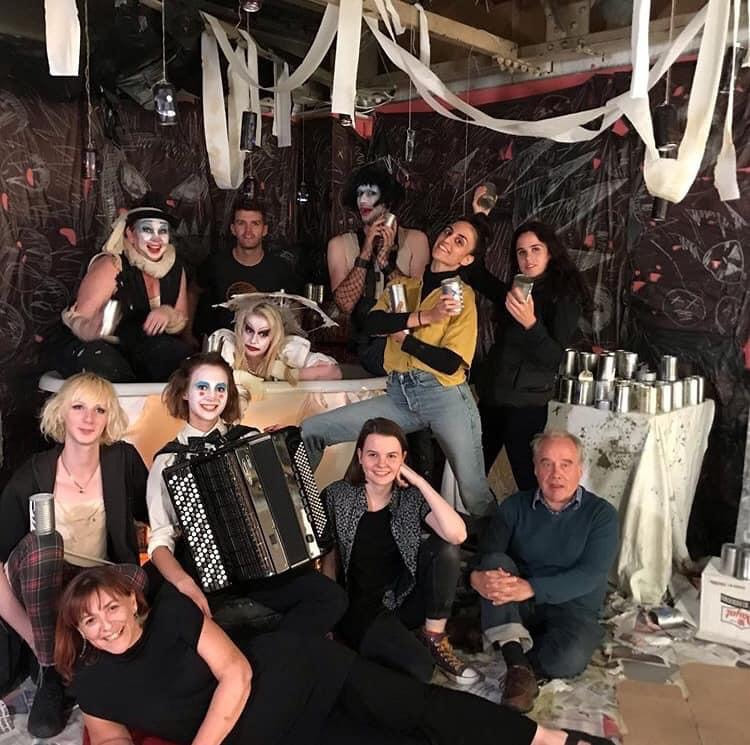
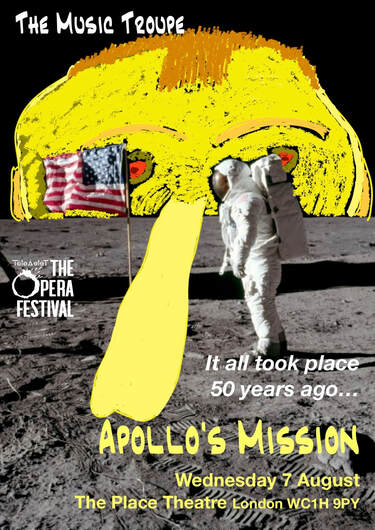
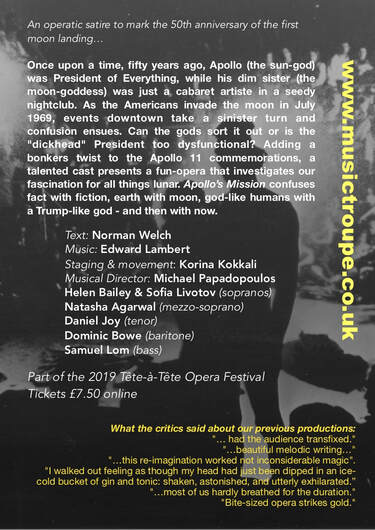
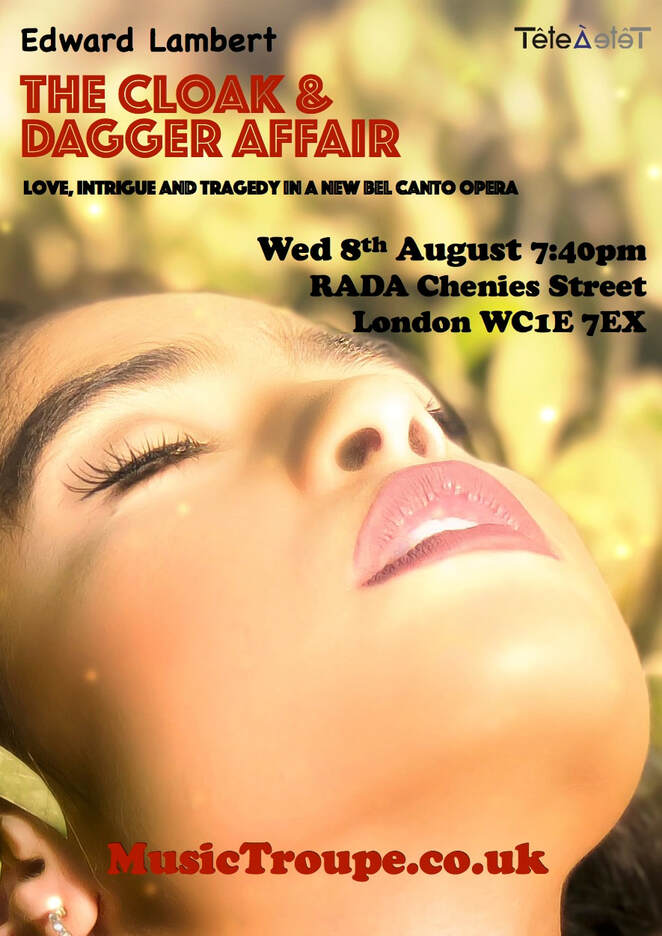
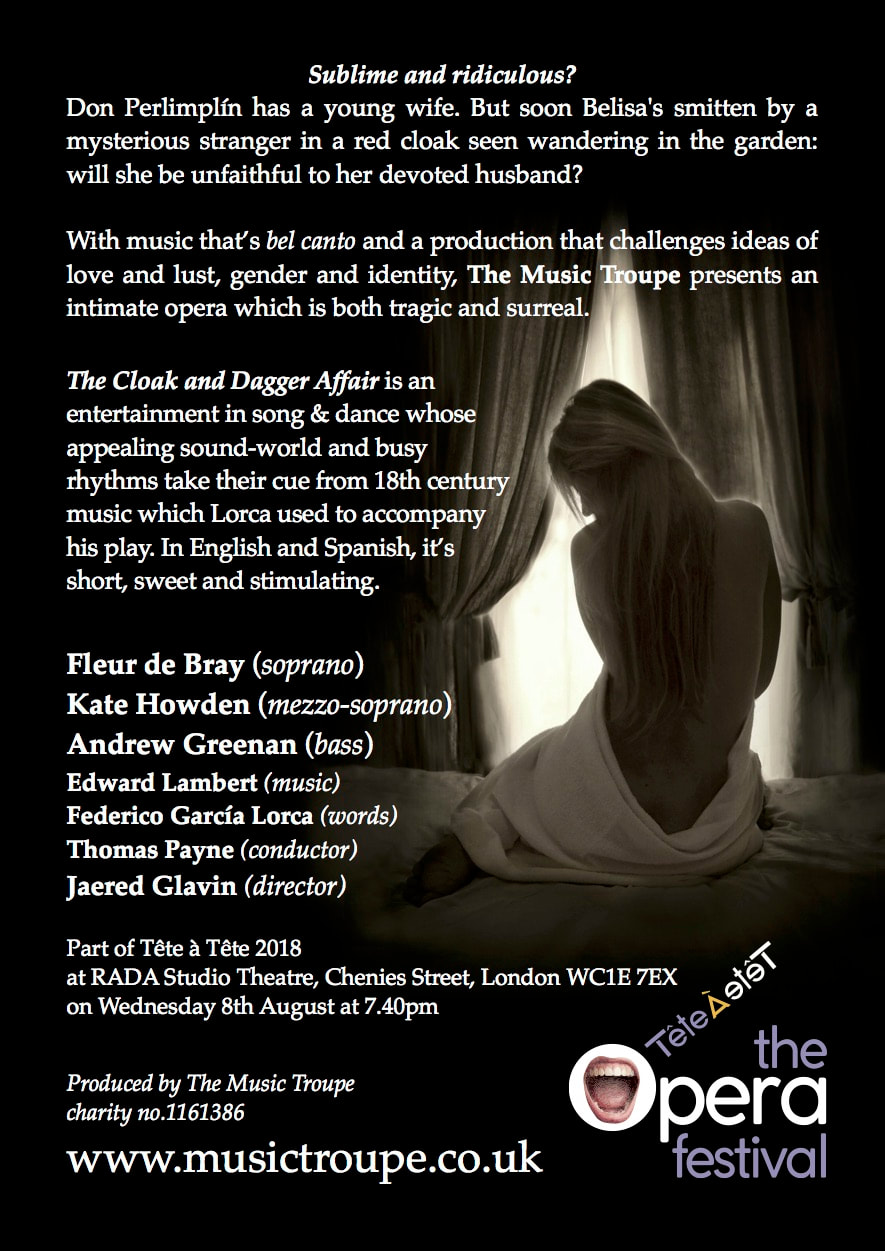
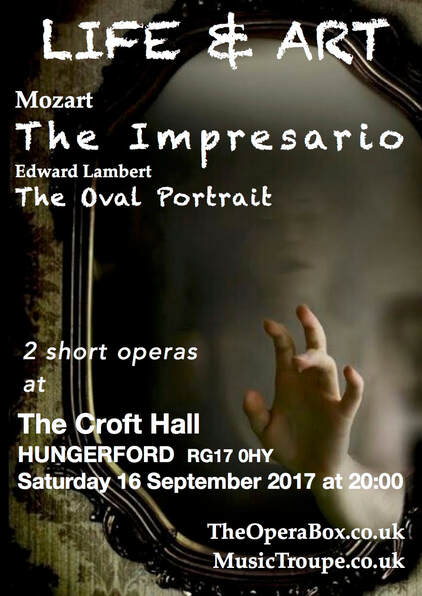
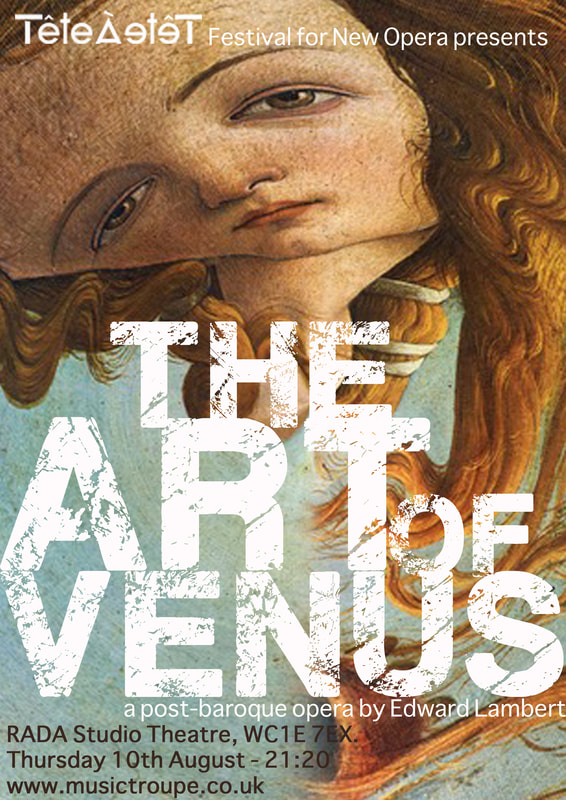
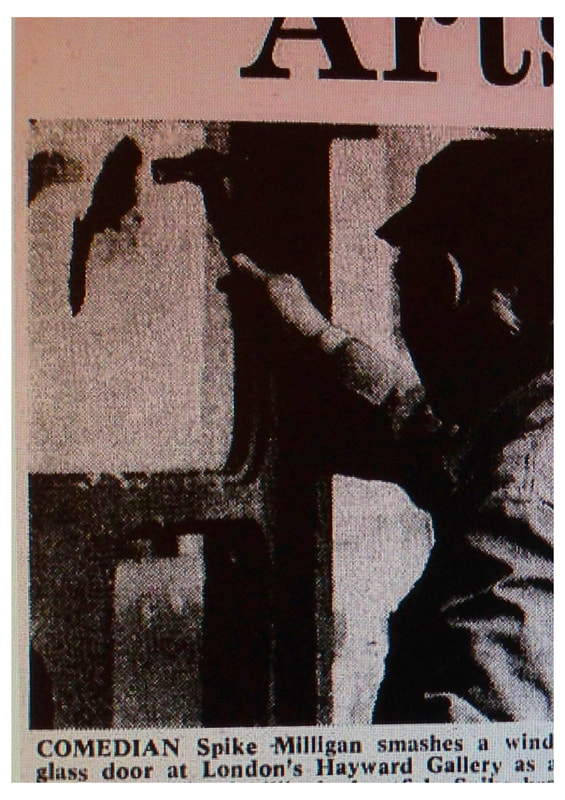
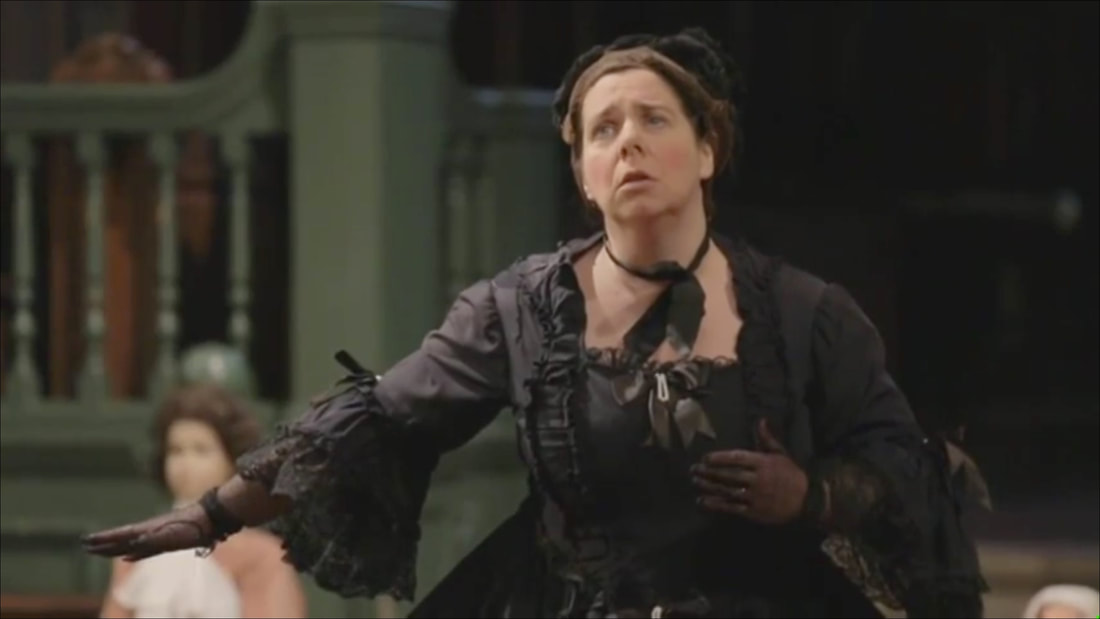
 RSS Feed
RSS Feed
